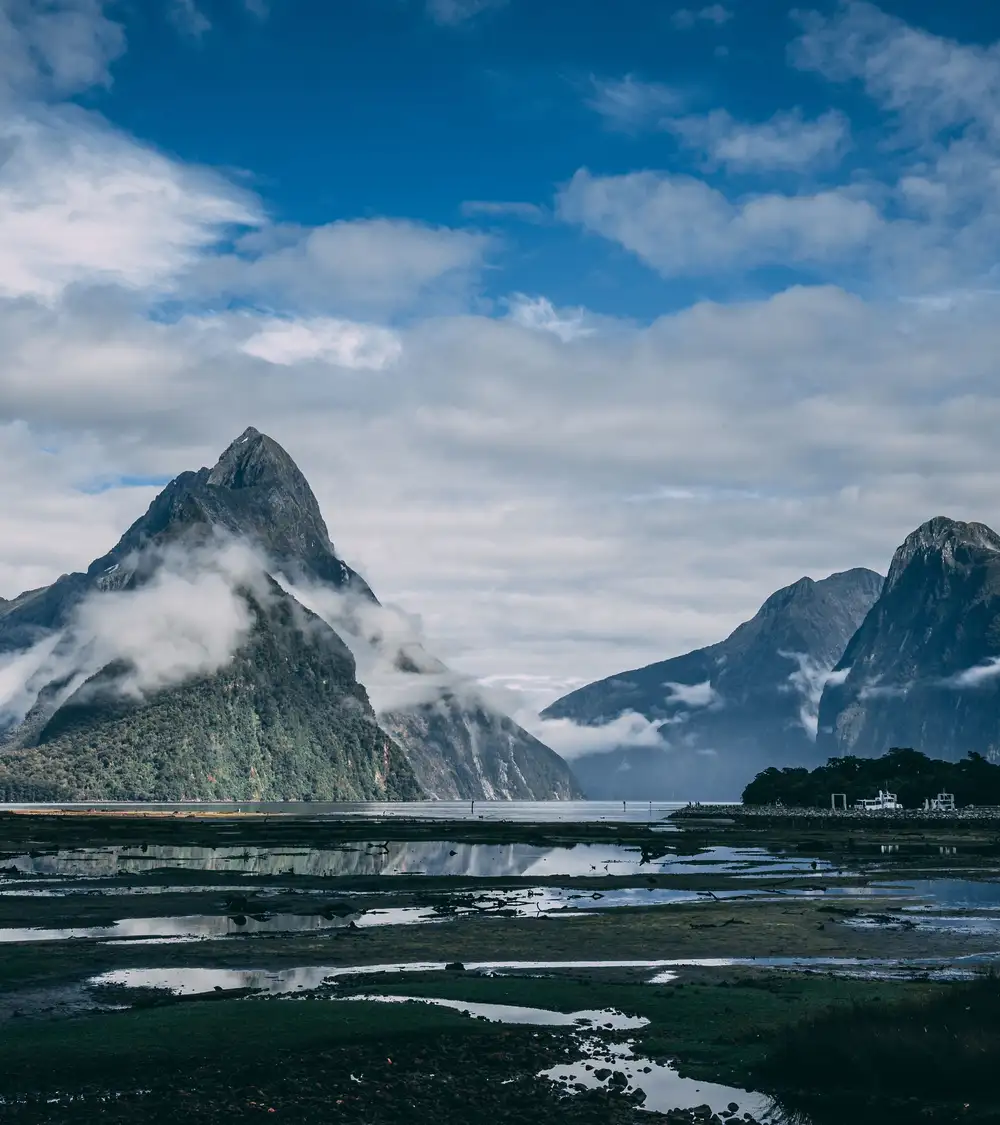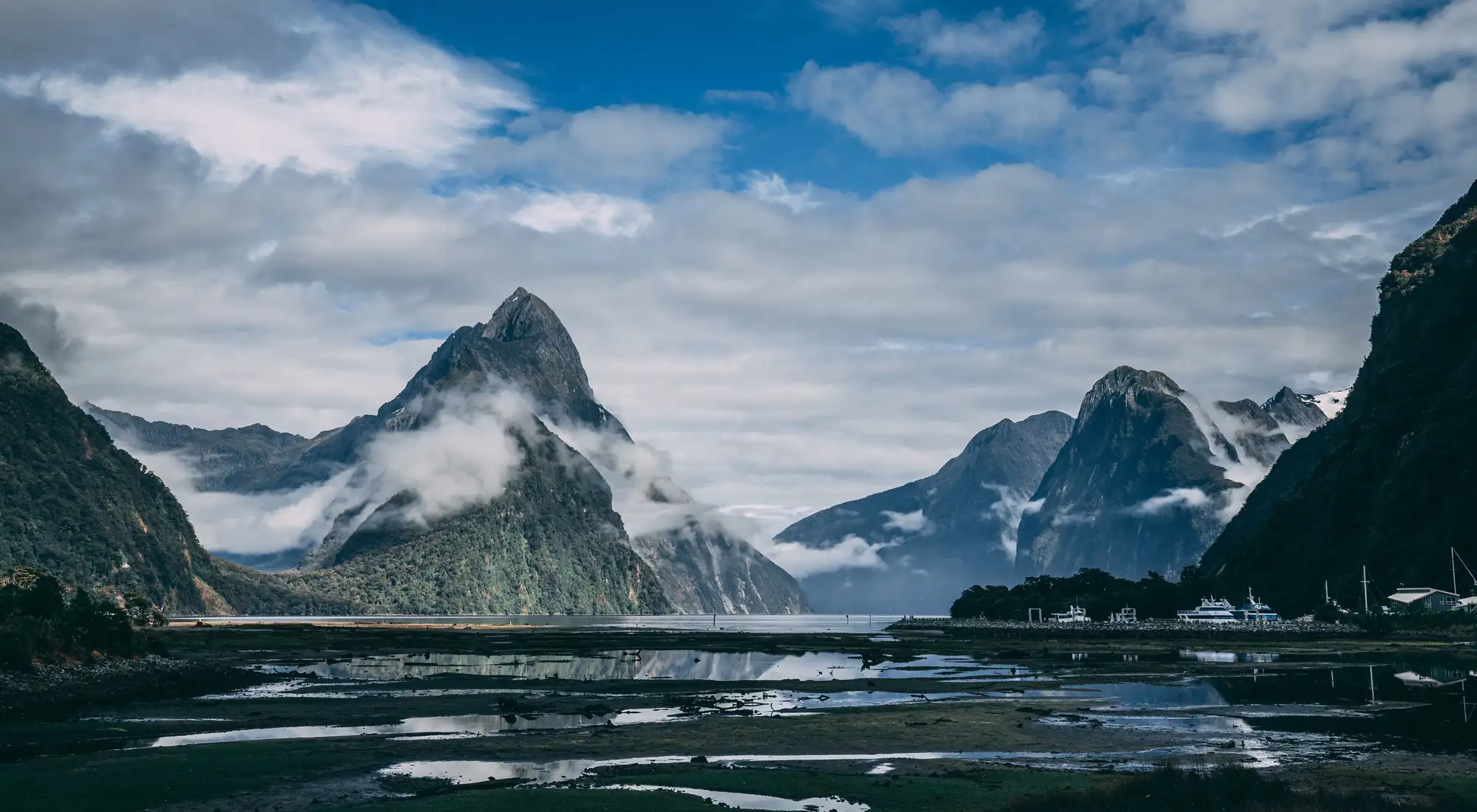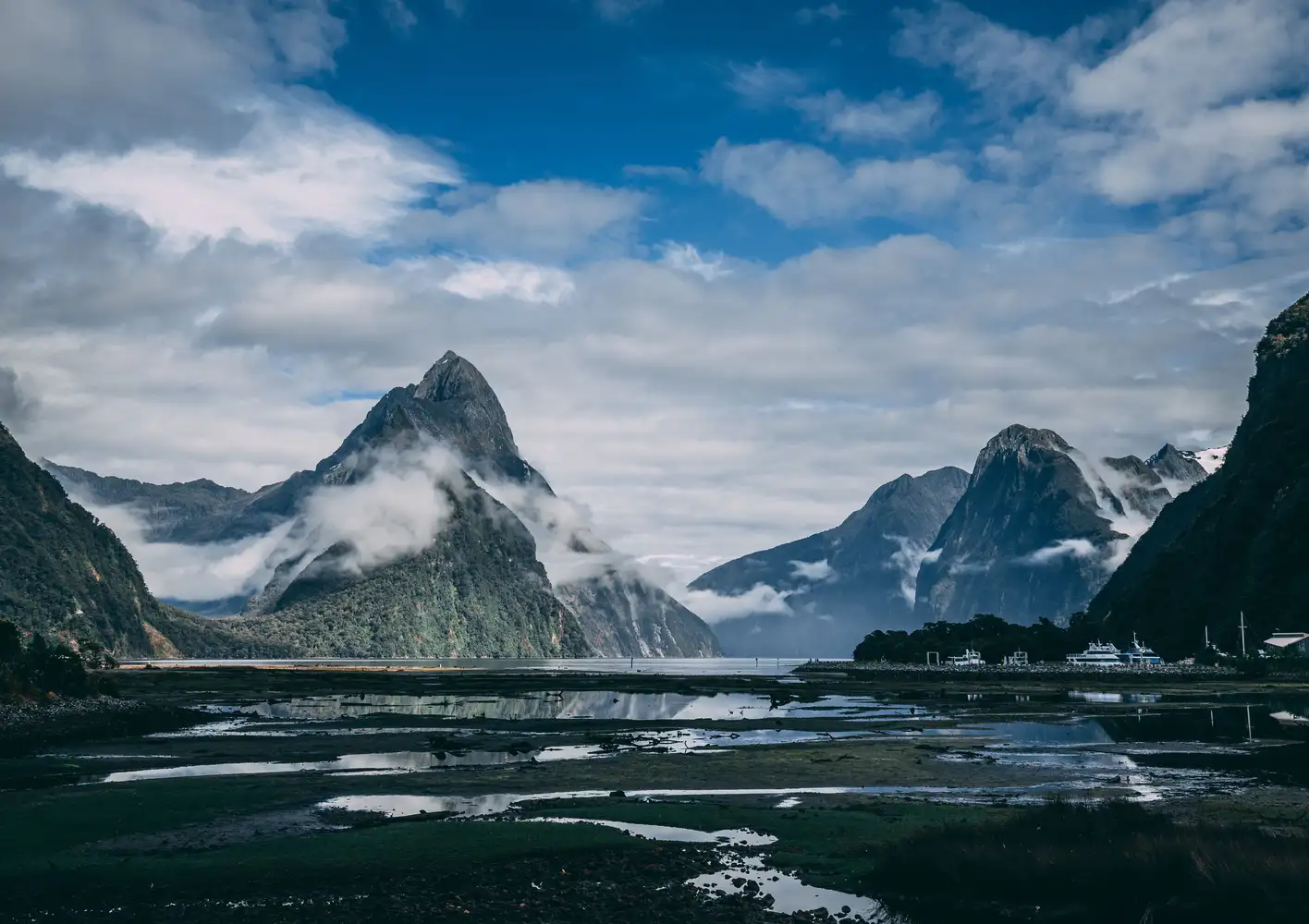New report a hurry up for climate change policy makers



27 February 2020
A report from the Deep South National Science Challenge is a reminder for central government policy makers to step up the pace.
LGNZ say a new report from the Deep South National Science Challenge is a reminder for central government policy makers to step up the pace on progressing a national strategy on climate change adaption.
LGNZ is the peak body representing New Zealand’s 78 local councils, providing a unified voice for local government and a pathway for continuous improvement through CouncilMARK™, the sector’s independent assessment and continuous improvement programme.
Released today, ‘Centring Culture in Public Engagement on Climate Change Adaptation: Re-shaping the Future of the NZ Tourism Sector,’ finds that there is central strategy void where a joined-up approach to dealing with climate threats should be.
“LGNZ agree with the report that our tourism industry is particularly susceptible to climate related severe weather impacts, as is local government infrastructure, which is the backbone of the industry,” says LGNZ President Dave Cull.
Based on comprehensive surveying data, LGNZ’s 2019 ‘Vulnerable’ report found that $14 billion in local government infrastructure was at risk from sea level rise, exacerbated by climate change.
“Councils are key supporters and promoters of regional tourism and local operators, and through LGNZ, they have been calling for a clear adaptation strategy from central government.”
“A thriving tourism industry plays a key part in New Zealand’s success, but closures of walking tracks in the South Island due to flooding and coastal attractions in the North Island due to severe weather has highlighted that we need to get moving with engagement and development of an adaptation strategy.”
“The report rightly highlights that the current RMA does not mention climate change, and that it’s often very small locations and their attractions that are receiving hordes of visitors, and that they’re struggling to accommodate this.”
“We’re a distant location for many international visitors, and we need to think about how this factors in when we promote New Zealand’s attractions, considering that they can be affected by severe weather events.”
“We are limited in what we can do to control climate change, but there’s a lot more we can do around how we react to it. That’s why LGNZ supports the recommendations of this report, for both the tourism industry and policy makers, to start planning for change now.”